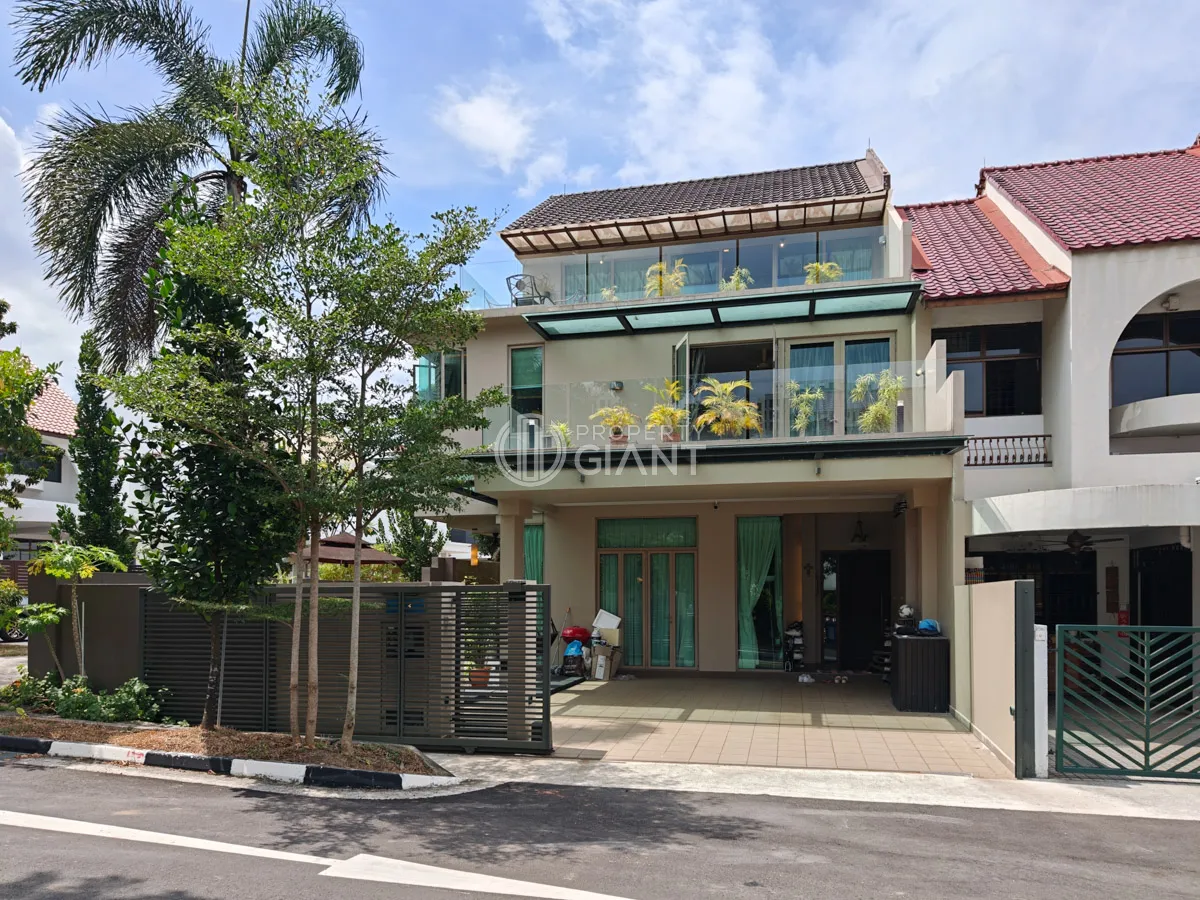NEW YORK – SVB Financial Group became the largest bank failure since the 2008 financial crisis on Friday, in a sudden collapse that roiled global markets and left billions of dollars belonging to companies and investors stranded.
California banking regulators closed the group, which did business as Silicon Valley Bank (SVB) and focused on start-ups, on Friday and appointed the Federal Deposit Insurance Corporation (FDIC) as receiver for later disposition of its assets.
The main office and all branches of Silicon Valley Bank will reopen on Monday and all insured depositors will have full access to their insured deposits no later than on Monday morning, the FDIC said.
But 89 per cent of the bank’s US$175 billion (S$236.4 billion) in deposits were uninsured as at the end of 2022, according to the FDIC, and their fate remains to be determined.
The FDIC is racing to find another lender over the weekend that is willing to merge with SVB, according to people familiar with the matter, who requested anonymity because the details are confidential. While the FDIC hopes to put together such a merger by Monday to safeguard unsecured deposits, no deal is certain, the sources added.
An FDIC spokesman did not immediately respond to a request for comment.
Separately, SVB Financial, the parent company of the bank, is working with investment bank Centerview Partners and law firm Sullivan & Cromwell to find buyers for its other assets, which include investment bank SVB Securities, wealth manager Boston Private and equity research firm MoffettNathanson, the sources said.
These assets could attract competitors and private equity firms, the sources added.
It is unclear if any buyer will step up to buy these assets without SVB Financial having filed for bankruptcy first. Credit ratings agency S&P Global Ratings said on Friday that it expected the group to enter bankruptcy because of its liabilities.
SVB Financial did not respond to calls for comment.
Companies such as video game maker Roblox and streaming device maker Roku said they have hundreds of millions of dollars in deposits at SVB. Roku said its deposits with the bank were largely uninsured, sending its shares down 10 per cent in extended trading.
Technology workers whose pay cheques relied on the bank were also worried about getting their wages on Friday. An SVB branch in San Francisco showed a note taped to the door telling clients to call a toll-free telephone number.
Locked doors
The collapse sent shockwaves through the start-up community, which had come to view the lender as a source of reliable capital.
The bank’s customers were met with locked doors on Friday. A client dashboard was down, a British-based client of the bank told Reuters.
Cato Digital chief executive Dean Nelson was in a line outside SVB’s Santa Clara headquarters, hoping to get answers. He said he is worried about his company’s ability to pay employees and cover expenses.
“Access to the cash is the biggest problem for the majority of the companies here. If you are a start-up, cash is king. The cash and the workflow; to be able to have the runway is critical.”
SVB Financial CEO Greg Becker sent a video message to employees on Friday, acknowledging the “incredibly difficult” 48 hours leading up to the collapse of the bank. “I can’t imagine what was going through your head and wondering... about your job, your future,” he said.
The problems at SVB, which quickly escalated after the bank said on Wednesday it will raise money, underscore how a campaign by the United States Federal Reserve and other central banks to fight inflation by ending the era of cheap money is exposing vulnerabilities in the market. The worries walloped the banking sector.
US banks have lost more than US$100 billion in stock market value over the past two days, with European banks losing around another US$50 billion in value, according to a Reuters calculation.
US lenders First Republic Bank and Western Alliance said on Friday that their liquidity and deposits remain strong, aiming to calm investors as their shares fell. Others such as Germany’s Commerzbank issued unusual statements to reassure investors.
More pain
Some analysts forecast more pain for the sector as the episode spreads concern about hidden risks in the banking sector and its vulnerability to the rising cost of money.
“There could be a bloodbath next week as banks are in trouble. The short-sellers are out there and they are going to attack every single bank, especially the smaller ones,” said Mr Christopher Whalen, chairman of Whalen Global Advisors.
Treasury Secretary Janet Yellen met banking regulators on Friday and expressed “full confidence” in their abilities to respond to the situation, the US Treasury said.
The White House said on Friday it has faith and confidence in US financial regulators, when asked about the failure of SVB. Dr Cecilia Rouse, who chairs the Council of Economic Advisers, said the US banking system is fundamentally stronger than it was during the 2008 financial crisis.
The genesis of SVB’s collapse lies in a rising interest rate environment. As higher interest rates caused the market for initial public offerings to shut down for many start-ups and made private fund-raising more costly, some SVB clients started pulling out money.
To fund the redemptions, SVB sold a US$21 billion bond portfolio consisting mostly of US Treasuries on Wednesday, and said it will sell US$2.25 billion in common equity and preferred convertible stock to fill its funding hole.
Its stock collapsed and depositors started to panic. SVB scrambled to reassure its venture capital clients that their money was safe. By Friday, the collapsing stock price had made its capital raise untenable and sources said the bank tried to look at other options, including a sale, until regulators stepped in and shut down the bank.
The last FDIC-insured institution to close was Almena State Bank in Kansas, on Oct 23, 2020.
Credit: REUTERS, The Straits Times



















